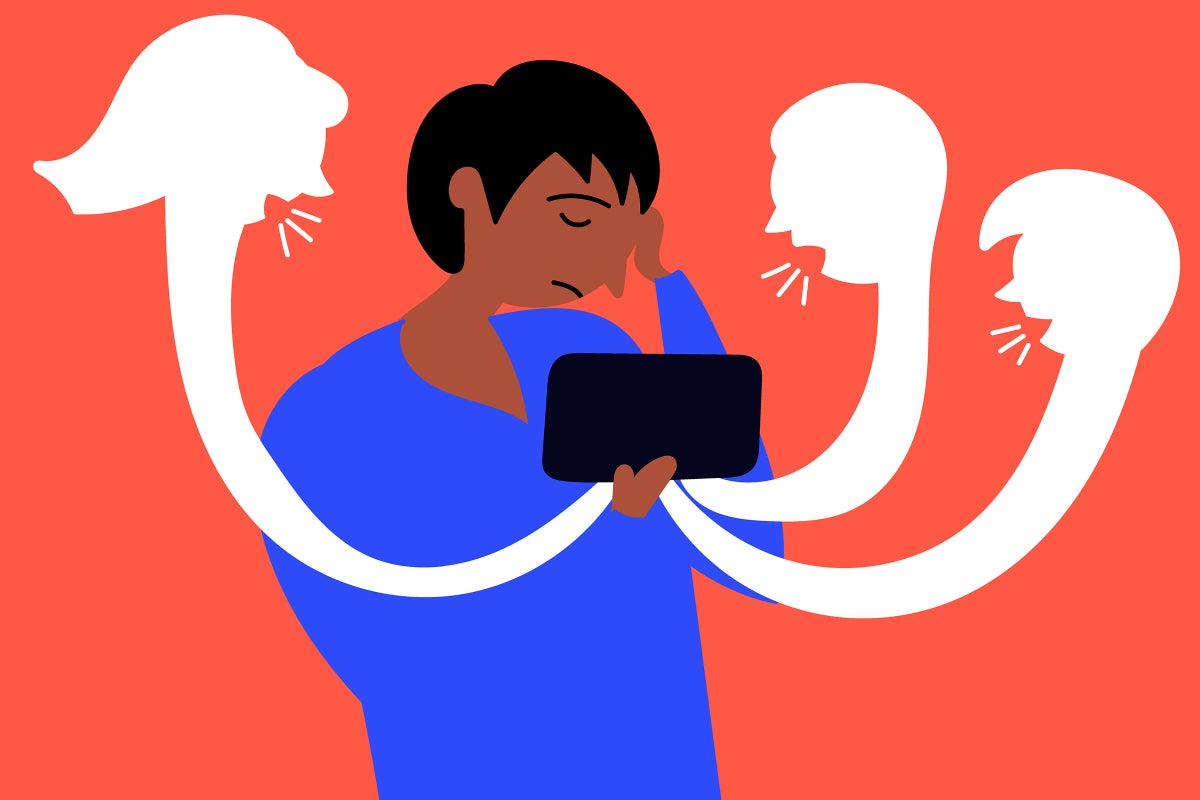- Altruistic Byte
- Posts
- Machine Learning to Combat Election Disinformation
Machine Learning to Combat Election Disinformation
Advanced analytics and machine learning help protect democratic processes in developing countries as the rise of mis- and disinformation occurs.
💖 This week's byte: A UNDP project employed advanced analytics and machine learning to identify and combat election-related disinformation, helping to protect democratic processes in developing countries.
📊 Did You Know?
According to Statista, 42% of the global population trusts social media for news, making the media the least trusted source of information in Europe and North America. Globally, populations share a deep concern about the spread of false information on social media.
📖 The Story
Who, When, and Where — Context
iVerify, a tool developed by UNDP through the Brussels-based Task Force on Electoral Assistance and the Chief Digital Office, was piloted in Zambia ahead of the country’s August 2021 general election.
Why — Challenge
Mis- and disinformation create doubt in people’s minds about what to trust, and in volatile periods, such as elections, the uncertainties can lead to violence. Ultimately, fake news undermines citizens’ trust and their ability to identify reliable sources of information, which is vital for democracy. Even in developing countries like Zambia, internet penetration has been on the rise, and a rapid increase in political hate speech, misinformation, and disinformation has been observed online as they prepare for the 2021 general election.
What and How — Tech Solution
An AI-powered fact-checking tool called iVerify was developed and tested for the 2021 election in Zambia. With the careful use of open-source AI algorithms and human-in-the-loop, the tool processes various information based on its veracity. The iVerify team combines manual and automated approaches to process digital articles collected online. Throughout the piloting phase, the Zambia project collected significant interest from various organizations, highlighting the vast potential of such tools in the digital age, as well as practical challenges observed in the field.
💡 Key Insights
🤫 The existence of mis- and disinformation issues in developing countries is as problematic as it has been in wealthy nations.
🔇 Digitally illiterate populations are particularly vulnerable to information harms.
🤝 Coordination and collaboration among stakeholders are crucial for addressing complex issues, even in the era of AI and automation.
Start learning AI in 2025
Everyone talks about AI, but no one has the time to learn it. So, we found the easiest way to learn AI in as little time as possible: The Rundown AI.
It's a free AI newsletter that keeps you up-to-date on the latest AI news, and teaches you how to apply it in just 5 minutes a day.
Plus, complete the quiz after signing up and they’ll recommend the best AI tools, guides, and courses – tailored to your needs.
✅ Try This
Learn more from an opinion piece written by the developers of Detoxify, an open-source toxic content classification algorithm:
💭 Share your thoughts: How scalable is the Zambian case study of iVerify? Can the same fact-checking tool be seamlessly applicable to other countries in different political climates?



Reply